February 26, 2014
Not just about the money. Higher wages do not improve employee retention
Employers that take a broader view of the employee experience beyond pay are more likely to retain talented employees. new research suggests. In a study of European economies by Towers Watson, countries with higher GDP growth tend also to have higher levels of employee attrition, The General Industry Compensation Survey Report findings also show little evidence to suggest that countries with high real-wage growth (i.e. salary increases minus inflation) are able to use that to secure higher levels of employee retention. The research proves that with the emergence of a strengthening employment market means employers will have to work harder to ensure that non-pay related benefits such as an attractive working environment and plenty of opportunities for career advancement are available to attract and retain talent. (more…)











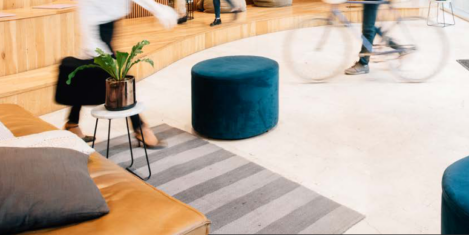
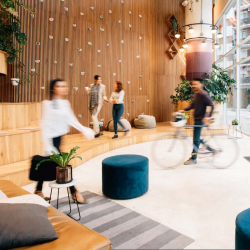





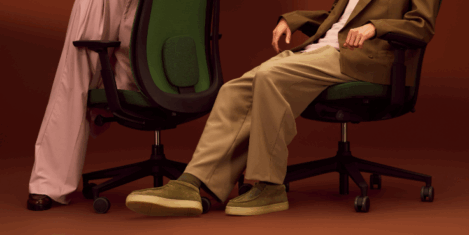



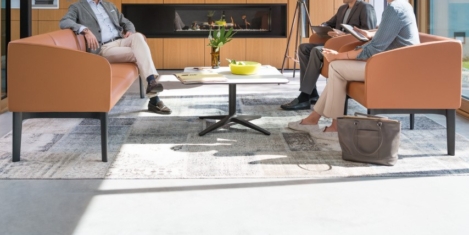
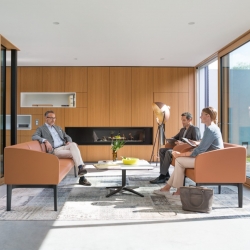









March 15, 2013
Where flexible working employees really want to work? Starbucks.
by Mark Eltringham • Comment, Facilities management, Technology, Workplace
(more…)